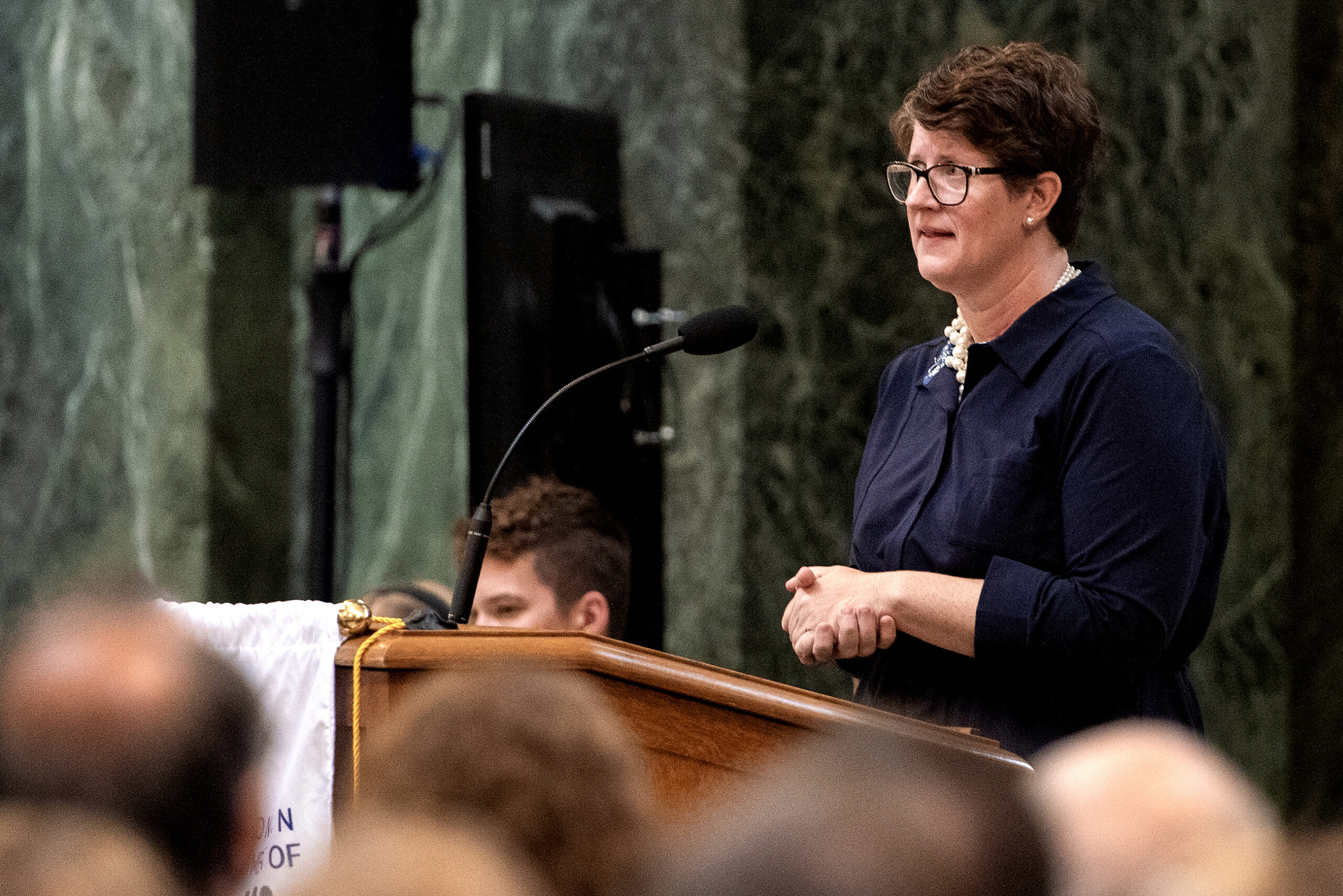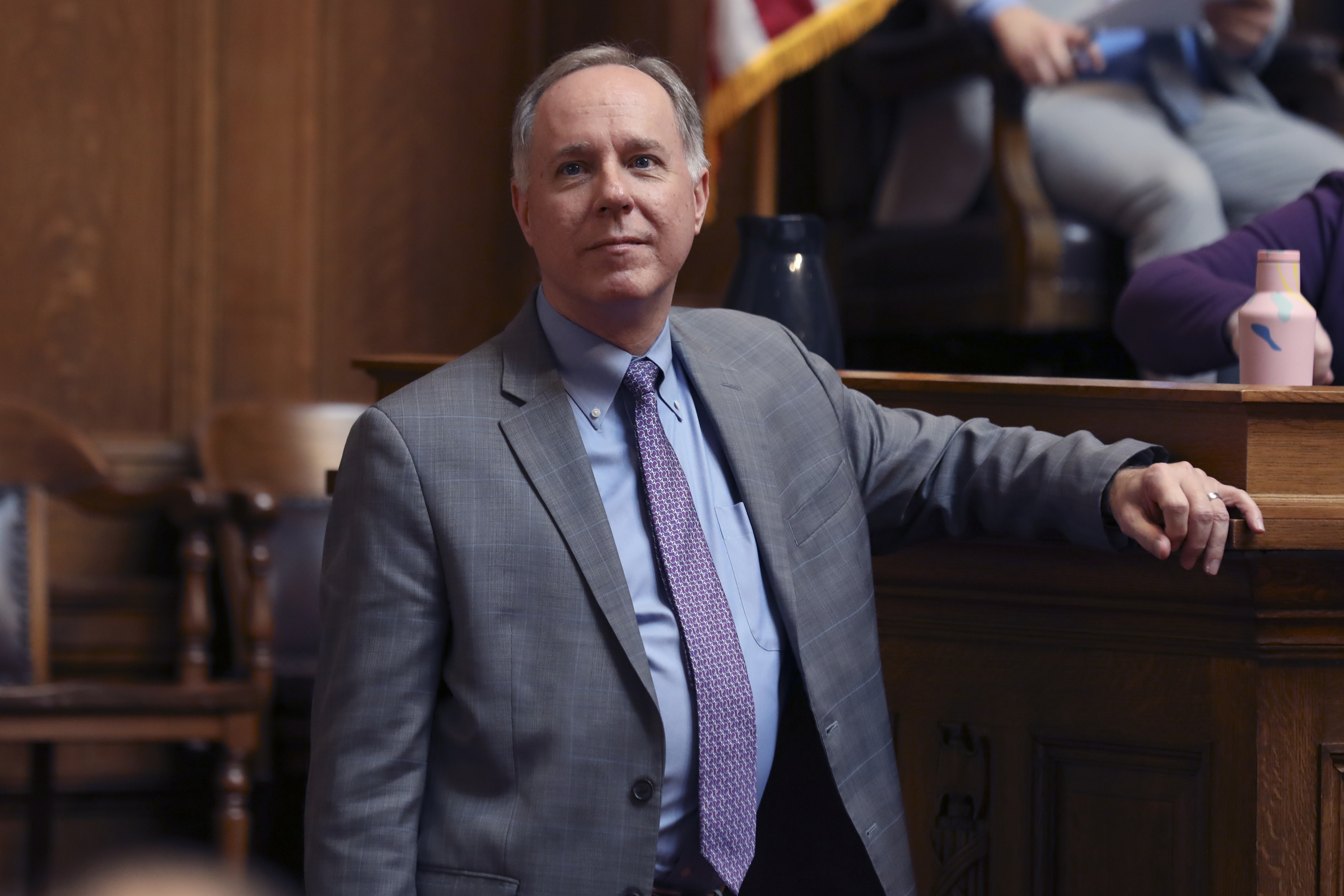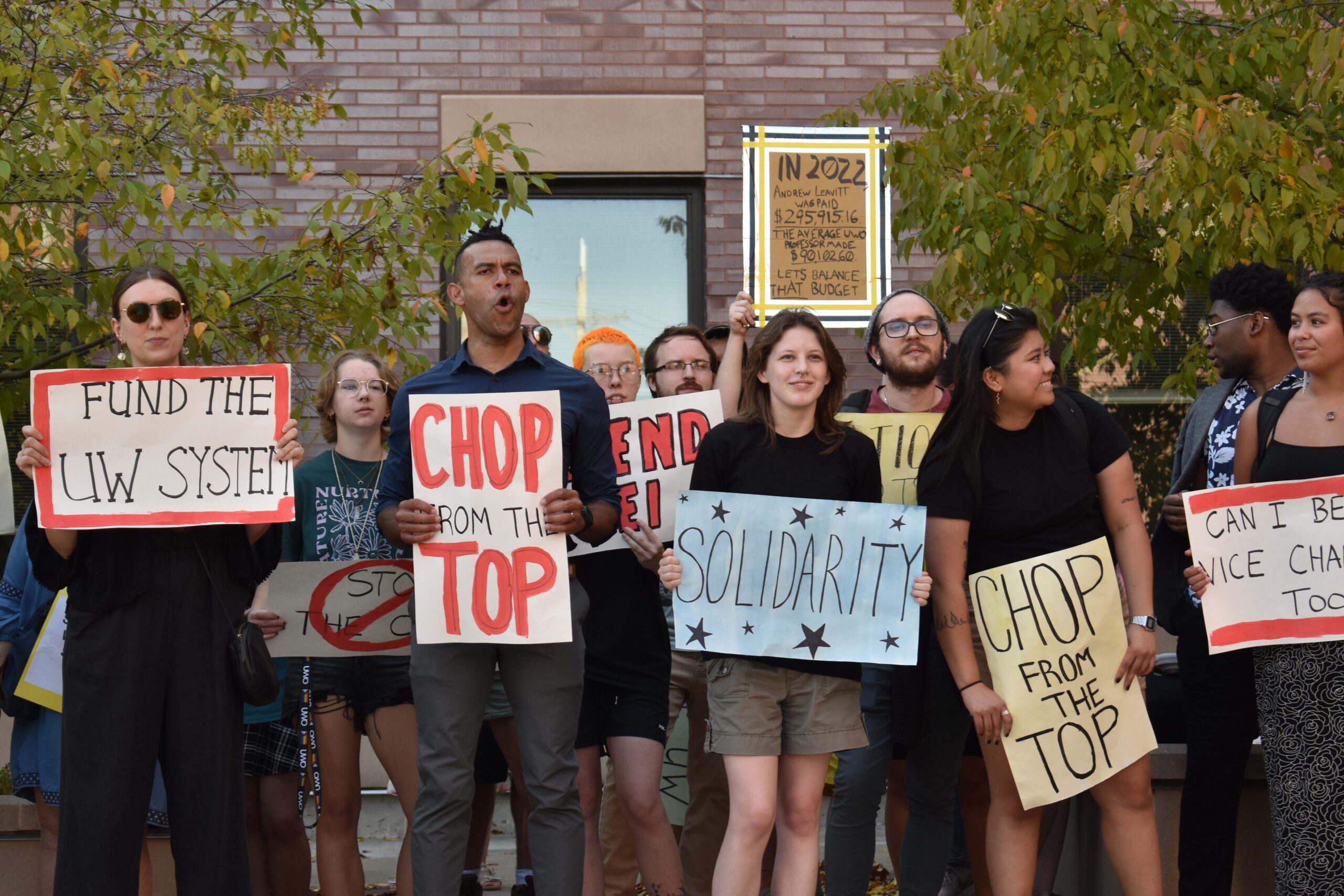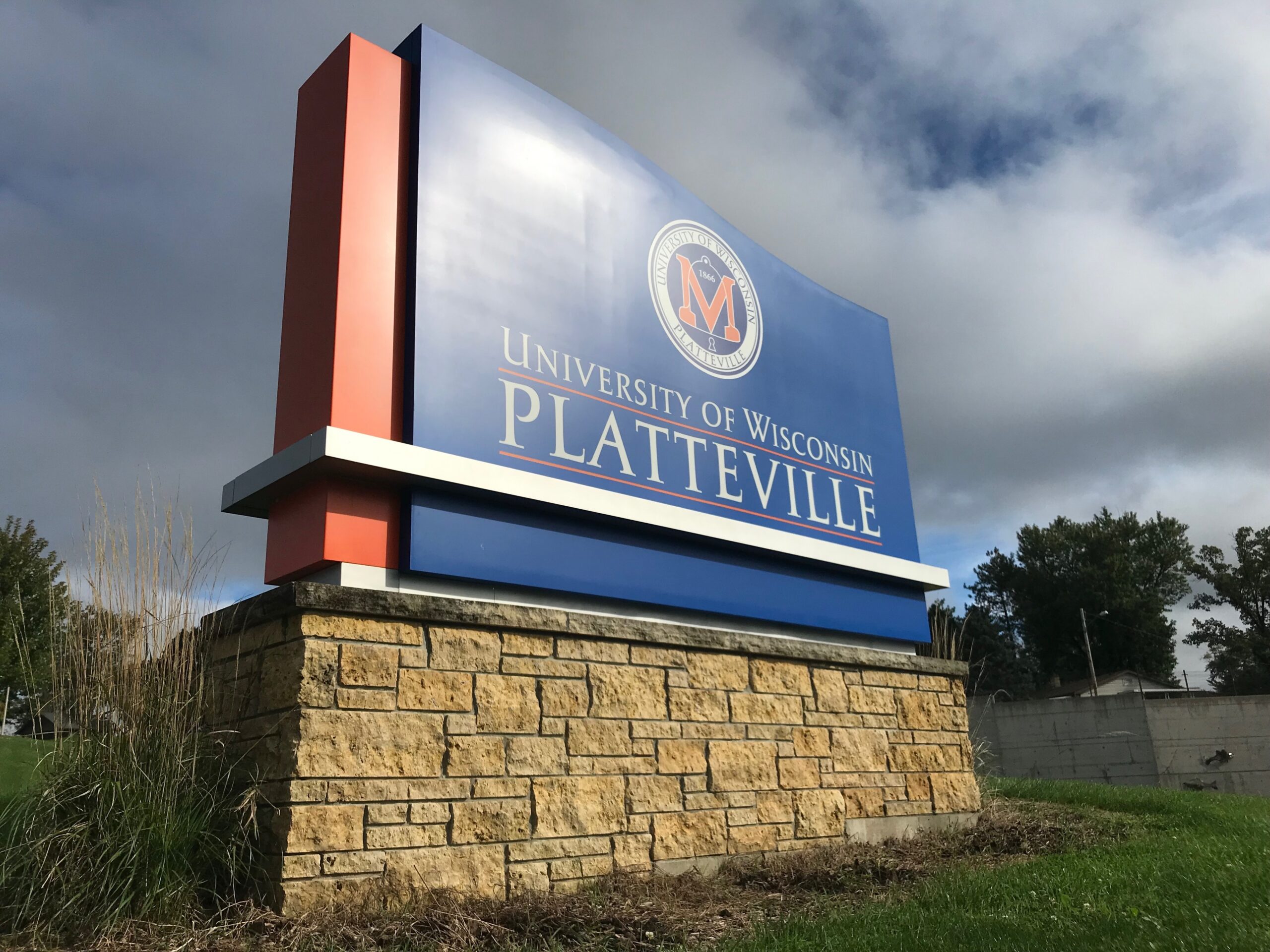A survey looking to track workplace experiences and satisfaction for faculty at the University of Wisconsin-Madison shows budget cuts have affected faculty’s enthusiasm.
The survey, conducted by the Women in Science and Engineering Leadership Institute at UW-Madison, found about 91 percent of faculty said budget cuts had some impact on their enthusiasm.
Jennifer Sheridan, executive director of the institute, said this was the first time the survey asked about the budget’s impact on morale. New policy changes on how the campus deals with hostile work environments prompted the institute to ask faculty members about the work environment, she said.
Stay informed on the latest news
Sign up for WPR’s email newsletter.
“That issue of decreased funding for the university and the pressures it’s putting on faculty seems to be probably the top concern that came out in the survey,” Sheridan said.
“We were really surprised to see how high it was. About a third of faculty reported in the last three years having experienced some form of what somebody might think of as hostile and intimidating behavior,” she said.
The top reasons faculty were dissatisfied were state government decisions, budget cuts and salary, according to the survey. The top reasons faculty were satisfied with their worklife were quality of relationships with faculty, students and colleagues in their department.
“People are pretty satisfied,” Sheridan said. “They will answer on a scale to five, probably in a four range, but if you are from certain underrepresented groups like women, or faculty of color or faculty with disabilities, you’re not as happy.”
Women, faculty of color and faculty with disabilities had the lowest ratings for their overall department climate.
This is the fifth survey, and 1,285 faculty responded. The others were conducted in 2003, 2006, 2010 and 2012.
Wisconsin Public Radio, © Copyright 2024, Board of Regents of the University of Wisconsin System and Wisconsin Educational Communications Board.






